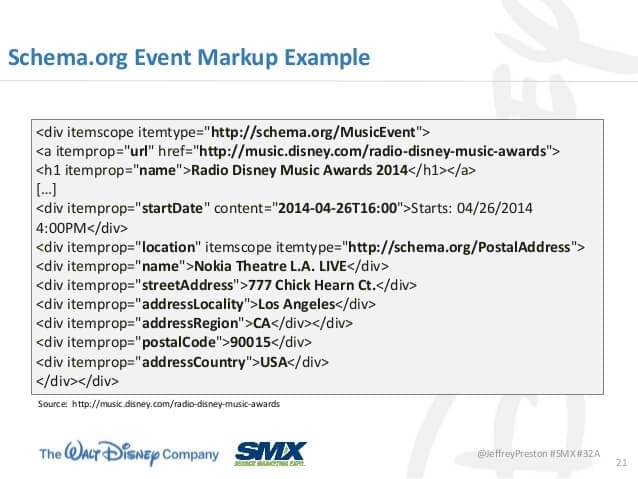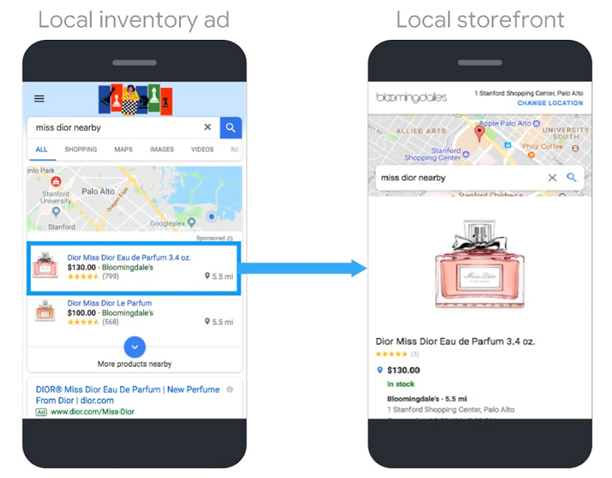
 Digital-marketing-2020-5-ways-googl...
Digital-marketing-2020-5-ways-googl... 
Google’s “don’t be evil” motto is well known, but so is its tendency towards monopolistic practices. As the primary and ubiquitous source of business information, the search giant is fast becoming more authoritative than even a company’s own website, allowing it to gradually transform organic tactics into lucrative pay-to-win exercises. That’s why we regularly pivot our tools and services to help savvy businesses thrive in the rapidly changing world of Local Presence Management. Here’s how we see it playing out over the next 12 months.
-
Google will introduce “verified reviews”
Google tinkered with its reviews a great deal in 2019, including using keywords from reviews to determine how to populate the local 3-pack. It also stopped factoring in reviews more than three months old, as well as positive reviews from patrons who subsequently stopped visiting the business. Why? To encourage reviews that are detailed, frequent, and verified, and subsequently filter out reviews that are created simply to gain an undeserved ranking boost.
So, we expect to see some form of “verified reviews” to appear in 2020. It won’t be a huge leap from Google’s current practice—promoting their “Local Guides”—but it will be a smart sidestep around limiting who can review a business, which wouldn’t be a good look. Instead, they will promote reviews from the users they consider to be the most authentic and reliable. Don’t be surprised if Google continues to publish a huge number of reviews from all users (which is in itself valuable) but gives prominence to the reviews and reviewers it is able to verify.
-
Search will become an end-to-end experience
The better Google gets at displaying information on results pages, the less a user needs to click through. After all, if you instantly find the phone number, street address, or opening hours you were looking for, why bother proceeding to that business’s website?
In its formative years, Google’s pitch was that it did not insulate users, who could easily find any website they wanted. As of 2019, the tables have turned: Google itself is rendering website visits unnecessary by aggregating data from multiple sources—Wikipedia, news agencies, Google My Business (GMB)—to keep users within its platform, observe their behavior, and generate ad revenue.

Source: Search Engine Journal
In 2020, Google will likely further expand its third-party data-gathering tactics to create the digital equivalent of a walled garden. Step one will be pressuring businesses and other data sources to better accommodate its data-hoovering efforts. Users will increasingly be able to achieve their objectives entirely within SERPs, but businesses will have to completely rethink their KPIs. Google will still be the starting point of local business discovery, but the traditional end point—traffic volume to your website—will need to be replaced with a more meaningful metric.
-
Google will solicit business data directly
Only a few years ago, having citations for your business on every directory under the sun was the best way to increase your visibility on Google. Now, though, Google is far better at verifying its data autonomously. In fact, Google’s algorithm may notice a business opening before the business itself has had a chance to manually update its own store locator or GMB account (think Google Pay transactions at a new coffee chain location).
This is great for end users and would be great for businesses too, but there’s one rather significant proviso. We can easily envision Google’s Duplex AI calling businesses to validate phone numbers, confirm holiday hours, and even verify product/service availability. It will source data directly from business owners quicker than those business owners are able to update their own information online. We may reach a point where business owners won’t even bother updating anything, leaving Google in sole control—inadvertently handing over a huge amount of bargaining power the search giant could easily exploit.
-
There will be a premium tier of GMB features
In a very limited test in mid-2019, Google experimented with putting paid ads for competitors within a business’s own knowledge panel; a placement impossible for users to ignore. It was quick to end this experiment for most businesses (except for hotels, who remain Google’s canary in the coalmine), but it remains a sign of things to come in 2020.

We now know that Google is willing to dabble in business-hostile practices, and that it’s likely only the court of public opinion holding them back. That’s why their next arena to test pay-to-win mechanics will be a little more subtle: Google Posts.
This microblogging feature within GMB is currently limited to 10 or fewer locations per business, despite many updates and features regularly being added to Google Posts to make them more attractive. The cap of 10 listings is almost certainly arbitrary rather than a functional limitation, pointing towards Google’s true intent: to limit its services in order to charge a premium for the full suite of features.
Small and medium-sized businesses will be able to take advantage of Google Posts at no cost, making them highly adoptable and—more importantly—something users come to expect. Enterprise brands, on the other hand, will need to pay up in order to fully optimize their listings to stay competitive in local. It’s ironic that Google effectively ended the age of print directories but is now seeking to become the new directory, in which businesses will again have to pay to play.
-
Google will expand GMB’s ecommerce functionality
In 2019, Google launched an organic product carousel that displays popular products, similar products based on query, and other recommendations. This carousel, which is primarily powered by retailers uploading their inventories to Google Merchant Center, is not yet a ubiquitous feature, but many users are seeing product information within knowledge panels and other prominent positions in SERPs.

In much the same way Google reviews were originally devised to compete with Yelp, Google is positioning itself as a digital storefront to compete with Amazon—particularly in voice search—by having its own massive directory of consumer goods that users can browse and purchase. This push will demand a lot of infrastructure investment from both Google and participating retailers, but we already know that Google will do everything in its power to facilitate transactions on Google directly—especially if it prevents Amazon making a sale.
Of course, Google already holds many of the cards that make Amazon so formidable: easy-to-manage user accounts, premium memberships, dedicated credit cards and payment methods. All that’s missing is the large-scale third-party retailer support that will allow Google to act as middle man for countless online transactions. To that end, they may offer favorable terms to participating businesses, start off unprofitably, and then find a way to squeeze revenue out of it. It’s a familiar pattern…
Make next year the best yet
Is your brand equipped to win in 2020? Are your business listings accurate, visible, and optimized to thrive? Our team of Local Presence Management experts—and our proprietary local search platforms—are at your fingertips.

